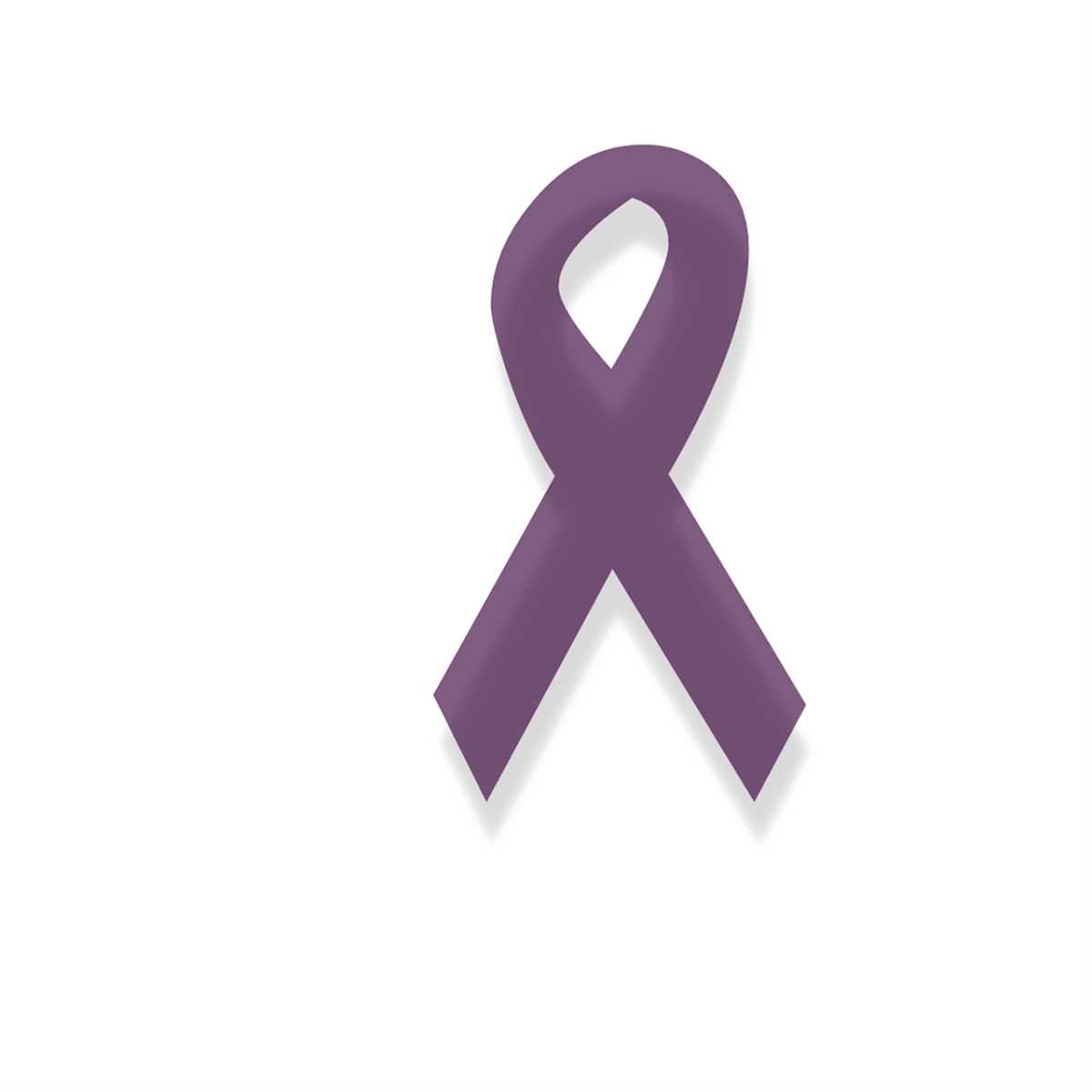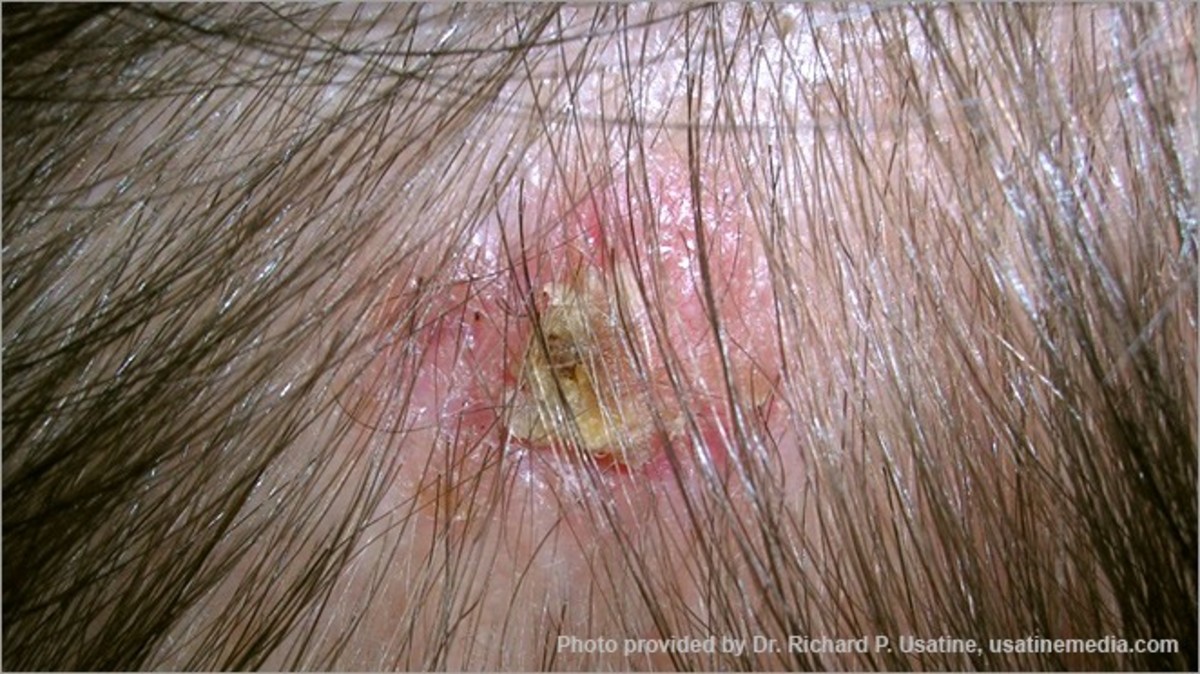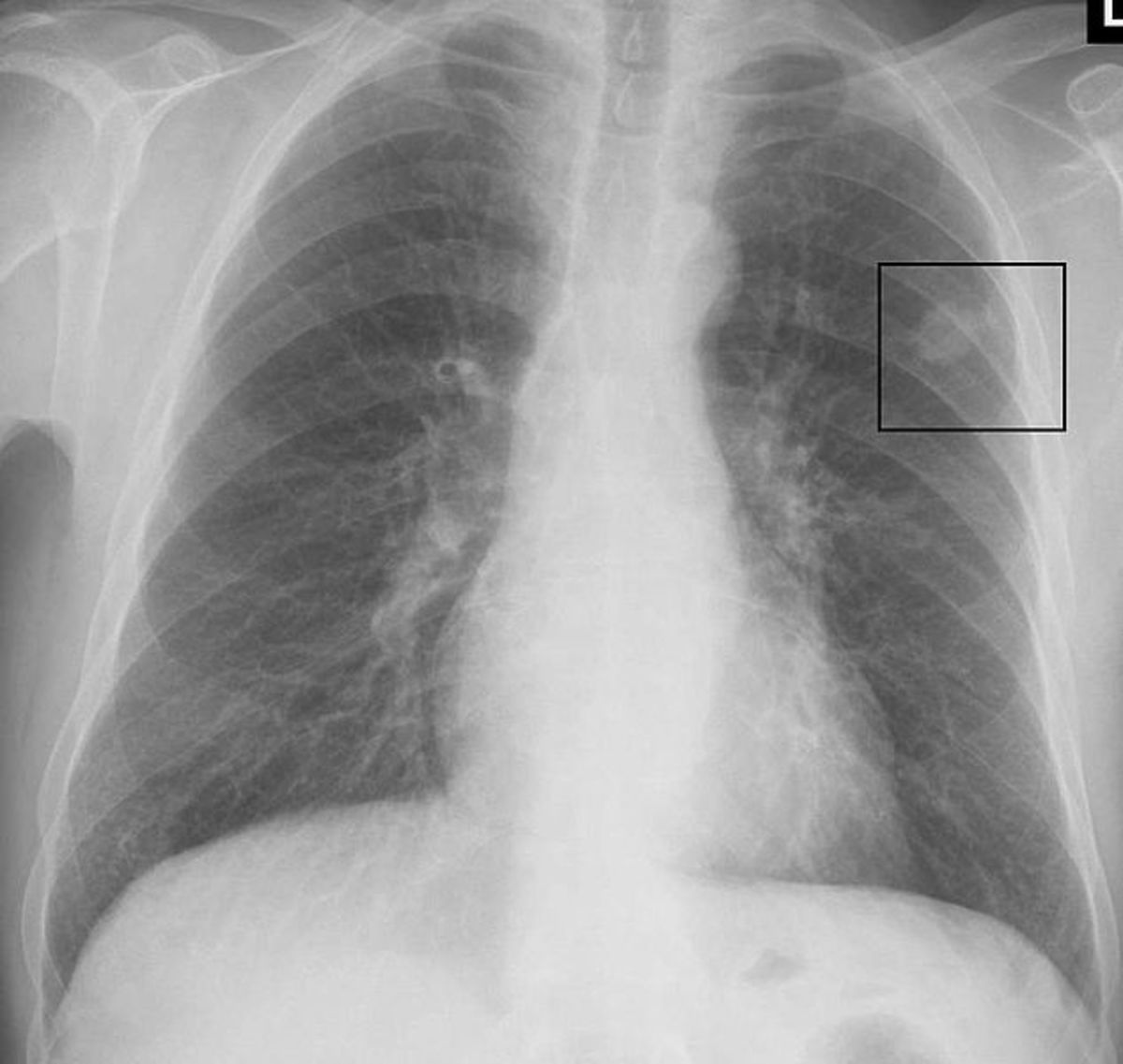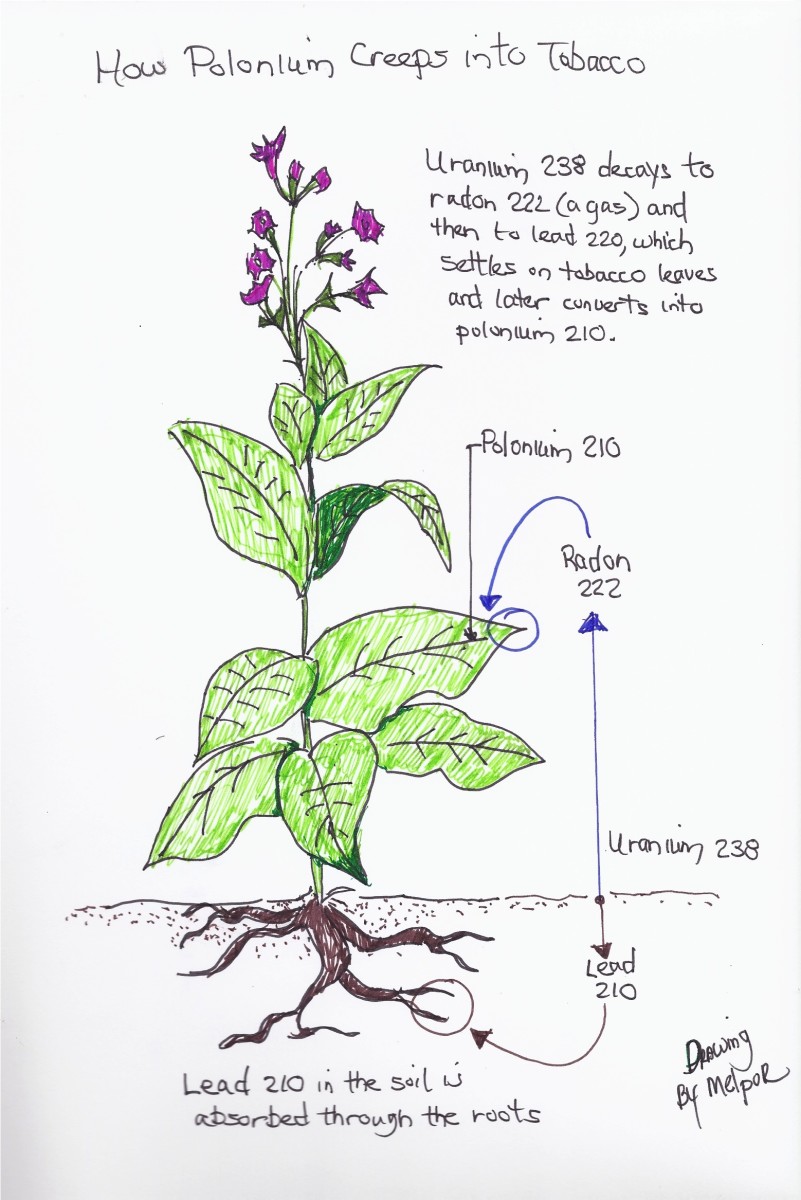Vitamin C Curing Cancer Around the World

Voices of Hope for Cancer Patients
Intravenous doses of vitamin C are being used successfully to treat many forms of cancer. You will not hear much about this from the mainstream media or from the mainstream medical community. You will however, hear it very clearly in the voice of Dr. Jeanne Drisko when she talks about the promising results of cancer treatment with intravenous vitamin C at the Integrative Medicine Department of the University of Kansas Medical Center (UKMC).
Dr. Drisko was introduced to intravenous vitamin C treatment by one of her mentors, Dr. Hugh Riordan. Dr. Riordan was a pioneer in the use of intravenous vitamin C. He treated patients from all over the world, including cancer patients, with IV doses of the vitamin. Dr. Drisko says she became convinced of the potential of IV vitamin C during her training with Dr. Riordan.
In 1998 Dr. Drisko was invited by the Dean of the Medical School at KU to start an Integrative Medicine program. She says adding intravenous vitamin C research to the program at KU was a natural extension of her studies with Dr. Riordan. The results have been very promising and Dr. Drisko has become a strong advocate for the use of IV vitamin C in cancer treatment.
Dr. Robert Hoffman is the founder and Medical Director of the Hoffman Center in New York City. He is another strong advocate of alternative medicine. Dr. Hoffman says, "Intravenous “drips,” high in vitamin C, have been a feature of my practice since the 1980s." He also notes that there’s new interest in IV vitamin C for fighting cancer based on new, exciting research under way at the National Institutes of Health.
This past January, Dr. Hoffman discussed intravenous vitamin C and other very promising alternative treatments with Dr. Drisko from Integrative Medicine at KU. You can listen to the entire conversation by clicking here. Both doctors have seen convincing results with IV vitamin C cancer treatment.
New Book Makes Startling Claim
I am not a cancer researcher and this is not a research paper. I am real person looking for real answers. I became interested in vitamin C and cancer when I read the following quote in a new book called, Love Has Forgotten No One:
"intravenous doses of vitamin C are being used successfully in some parts of the world to cure most kinds of cancer."
That got me thinking. If this is true, why is it being used in some parts of the world to cure cancer and not here in the United States? Part of the answer stems from a study done at the Mayo Clinic at the urging of Linus Pauling. To his dismay, the Mayo Clinic study contradicted Linus Pauling's findings and widely proclaimed vitamin C had little impact on cancer cells. The Mayo Clinic study led many to abandon vitamin C research and dismiss it as another dead end.
A closer look at the Mayo Clinic study shows that researchers there used oral doses of vitamin C. The doses showing success in cancer treatment are many times greater than what was delivered orally to patients in the study. Most of the nutrients were lost in the digestive system before they could reach the cells. In Dr. Drisko's words, the vitamin has to be delivered into "extracellular" space where it forms hydrogen peroxide and causes cancer cells to destroy themselves.
Intravenous Results with an Oral Dosage
Readers have asked if there is any way to get high doses of vitamin C in capsule form. Happily, the answer is Yes. Liposomal or Lypo-spheric Vitamin C in capsule form delivers high doses of vitamin C to our cells where it is needed..
Liposomes are vesicles used to deliver microscopic substances (as drugs or DNA) to body cells. The process represents a major breakthrough in nanotechnology. Liposomes containing vitamin C bypass the stomach and the gastric system. This achieves intravenous results with oral dosage
Some reports I have read say that liposomes allow as much as 90% of the vitamin C to reach the cells. This is far higher than the percentage that reaches the cells even with intravenous drips. I think this is an exciting option for those of us who want the benefits of mega doses of vitamin C without the time and expense of going to a hospital or clinic.
As always, read all instructions included with the product.and consult a doctor if taking more than the recommended dose of 1 packet twice a day,
People Want the Truth About Medicine
I am simplifying the science for the purposes of this article. Again, I am not a scientist. I am a real person attempting to verify something I read. My purpose now is to play a small part in promoting more study of IV vitamin C. I'll write more about Dr. Drisko as she publishes more of her research. I decided to write about her after listening to her talk about her work. You hear the love in her voice. She sees the pain caused by cancer up close and she appears willing to pursue whatever course will help patients. There are a growing number of doctors and alternative clinics using vitamin C in cancer treatment. Doctor Drisko is taking the message to the medical establishment working at the Kansas University Medical School.
Doctors like Dr. Drisko are going to use what works and publish what works until the public demands to be treated with what works. American medicine may be slow to accept new treatments, but that's not always a bad thing. I'm going to pay attention to the research coming from Dr. Drisko and others like her who place patient welfare above politics and money. People like me are going to do our part to get the word out. If IV vitamin C is being used in some parts of the world to cure most kinds of cancer, then we want it used here. It's that simple.
Dr. Drisko made clear in her interview that diet plays a key role in cancer treatment. She insists patients commit to dietary recommendations in order for IV vitamin C to work its magic. I looked up the ketogenic diet she advocated. The ketogenic diet is a high-fat, adequate-protein, low-carbohydrate diet. The diet forces the body to burn fats rather than carbohydrates. This is something that is undertaken under the advice of a doctor. I wanted to mention it here because Dr. Drisko was adamant about it in the interview with Dr. Hoffman.
Americans Want to Know 'What Works"
Since I first read that IV vitamin C was being used successfully in parts of the world to cure cancer, I have been looking for evidence that would confirm or debunk that statement. It is hard to get information about what is going on in clinics around the world. Many advertise amazing results, but the results are difficult to verify. I have tried reading some of the studies, but they can be hard to decipher for a layman. That's why I believe it is important to pay attention to doctors like Dr, Drisko who are working inside the medical establishment.
If IV vitamin C is successful in treating cancer, the word will get out one way or another. It is beginning to look as if word is getting out. Recent studies are recommending IV vitamin C along with chemotherapy. The vitamin C has been shown to lessen the side effects of the chemotherapy. I am writing more from the heart than from a scientific perspective. Others can explain the science much better than me. Like many people, I have lost close family members to cancer. If IV vitamin C is one of the cures, then we want to know. Americans have a way of getting to the truth. For my part, I'll keep writing. You do not see as many stories about vitamin C because the average internet website cannot sell IV vitamin C. It has to be administered by a doctor under close supervision. Let's applaud the pioneer doctors and help them get the word out about "what works"
Note added Jan. 13, 2015: The idea that vitamin C can cure cancer is not new, but it is growing. This quote is from an article which appeared in Natural News "It is now well established that by injecting vitamin C we can safely reach concentrations at which ascorbate generates hydrogen peroxide (H2O2) in tissues, and it is the H2O2 that selectively kills cancer cells through oxidative stress."
Learn more: http://www.naturalnews.com/034663_IV_vitamin_c_cancer_treatment.html#ixzz3OldU9nsg







